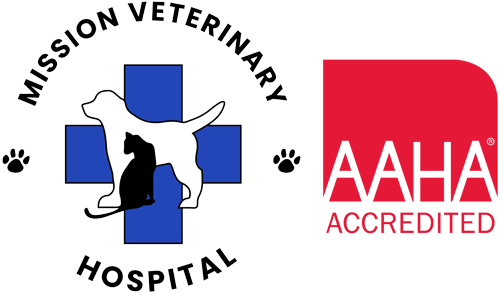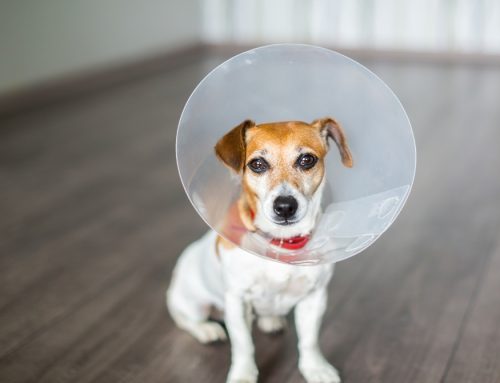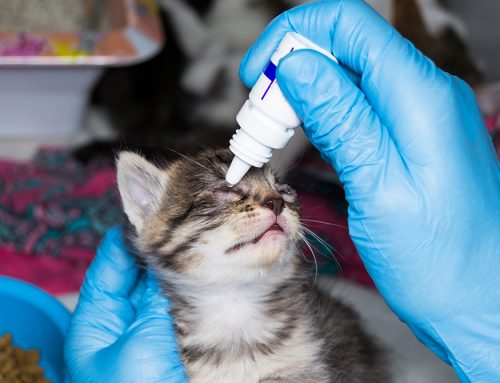Mission Veterinary Clinic, San Fernando Valley
16915 San Fernando Mission Blvd, Granada Hills, CA 91344
Phone: 818-363-8143 | missionvet.com
What is Gastroenteritis?
Gastroenteritis is a common condition in pets, characterized by inflammation of the stomach and intestines. This can lead to symptoms such as vomiting, diarrhea, and abdominal pain. Gastroenteritis can be acute (sudden onset) or chronic (long-lasting), and it can affect both dogs and cats of any age or breed.
Causes of Gastroenteritis
There are numerous potential causes of gastroenteritis in pets, including:
- Dietary Indiscretion: Eating spoiled food, garbage, or other non-food items.
- Infections: Bacterial, viral, or parasitic infections.
- Toxins: Ingesting toxic substances such as certain plants, chemicals, or medications.
- Stress: Changes in environment or routine can lead to stress-induced gastroenteritis.
- Food Allergies or Intolerances: Certain ingredients in pet food can trigger gastrointestinal upset.
- Underlying Health Conditions: Conditions like pancreatitis, kidney disease, or inflammatory bowel disease (IBD) can lead to gastroenteritis.
Symptoms of Gastroenteritis
The most common symptoms of gastroenteritis in pets include:
- Vomiting
- Diarrhea
- Loss of appetite
- Lethargy
- Abdominal discomfort or pain
- Dehydration (due to fluid loss from vomiting and diarrhea)
Diagnosis
Diagnosing gastroenteritis typically involves a thorough examination by a veterinarian, along with a review of your pet’s medical history. Depending on the severity and duration of symptoms, additional tests such as blood work, fecal exams, X-rays, or ultrasounds may be recommended to rule out other conditions and determine the cause of the gastroenteritis.
Treatment
The treatment of gastroenteritis depends on its underlying cause and the severity of the condition. Common treatments include:
- Fluid Therapy: To prevent dehydration and maintain electrolyte balance.
- Medications: Anti-nausea or anti-diarrheal medications may be prescribed.
- Dietary Management: A temporary bland diet or a prescription gastrointestinal diet may be recommended.
- Rest: Ensuring your pet has a calm and stress-free environment to recover.
Prevention
While not all cases of gastroenteritis can be prevented, you can reduce your pet’s risk by:
- Keeping your pet’s environment clean and free from harmful substances.
- Avoiding sudden changes in diet.
- Monitoring your pet to prevent them from eating inappropriate items.
- Maintaining regular veterinary check-ups to manage any underlying health conditions.
When to Seek Urgent Care
Gastroenteritis can sometimes be severe, leading to rapid dehydration and other complications. If your pet’s symptoms persist for more than 24 hours, worsen, or are accompanied by signs of severe illness (such as blood in vomit or stool, weakness, or collapse), it is crucial to seek veterinary care immediately.
Mission Veterinary Clinic is an urgent care facility dedicated to providing high-quality care for your pets. We are located in the San Fernando Valley at 16915 San Fernando Mission Blvd, Granada Hills, CA 91344. We operate on a walk-in basis and do not take appointments, ensuring that your pet receives timely attention when it is most needed.
For more information or to visit us, please call 818-363-8143 or visit our website at missionvet.com.










Leave A Comment